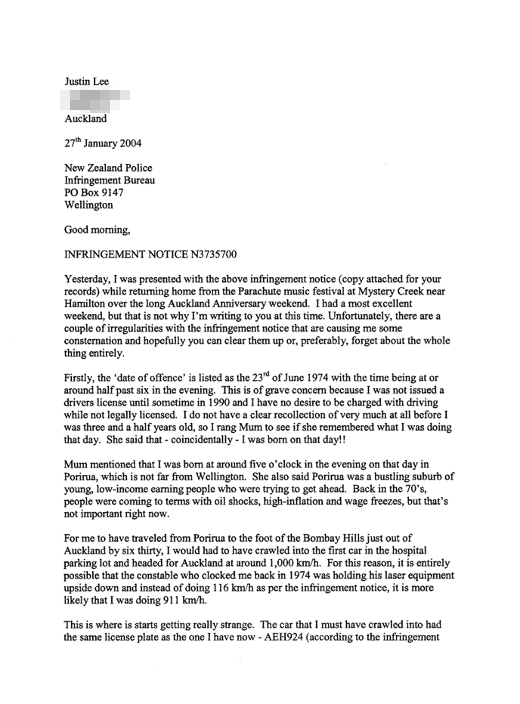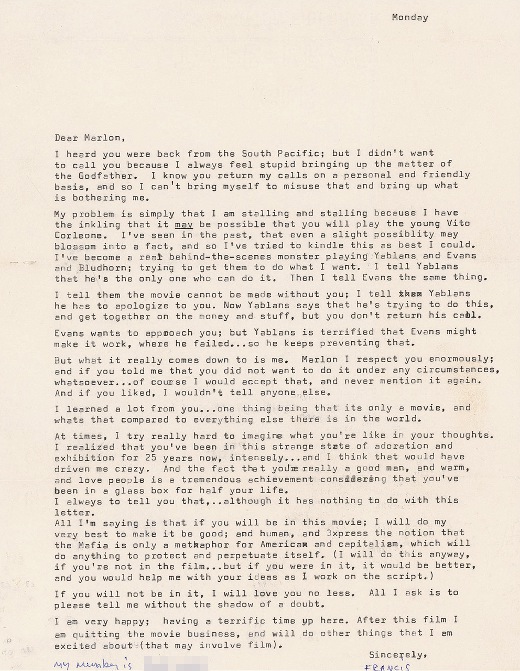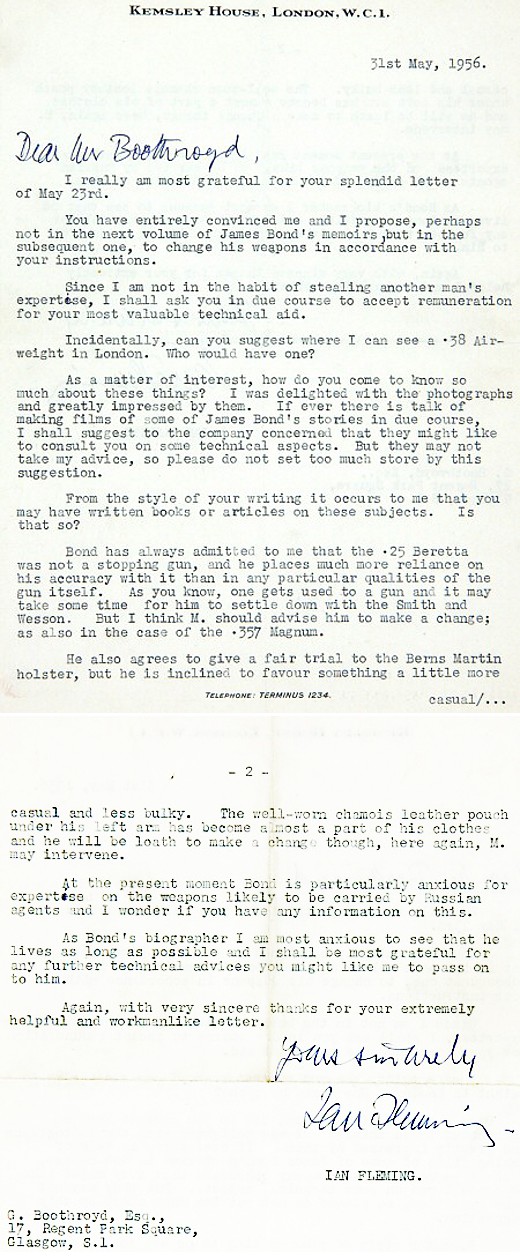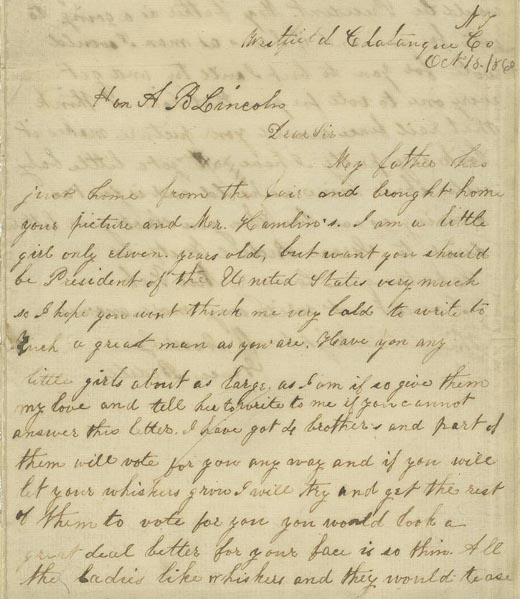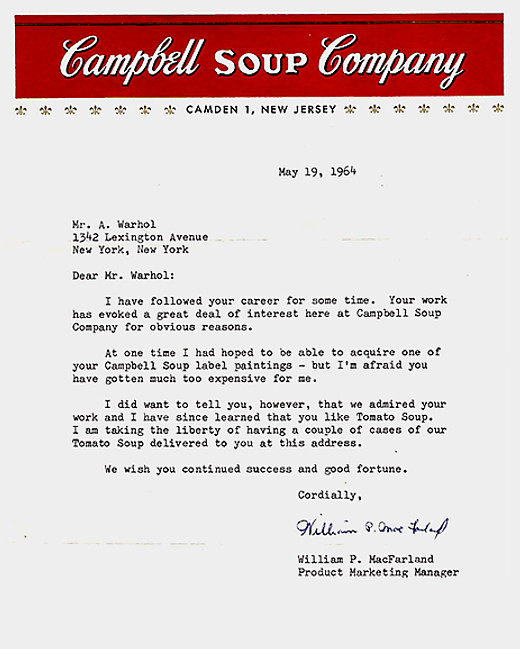Ted Turner is a billionaire, famous for inventing Captain Planet, and perhaps less notably, CNN.
When he was young he decided to study the Classics at university. His father, Billboard mogul, was less than impressed and wrote him this letter, now featured on Letters of Note.
Here are some highlights.
I am appalled, even horrified, that you have adopted Classics as a major. As a matter of fact, I almost puked on the way home today. I suppose that I am old-fashioned enough to believe that the purpose of an education is to enable one to develop a community of interest with his fellow men, to learn to know them, and to learn how to get along with them. In order to do this, of course, he must learn what motivates them, and how to impel them to be pleased with his objectives and desires.
Ted Sr thinks the Classics are interesting, but largely useless.
I am a practical man, and for the life of me I cannot possibly understand why you should wish to speak Greek. With whom will you communicate in Greek? I have read, in recent years, the deliberations of Plato and Aristotle, and was interested to learn that the old bastards had minds which worked very similarly to the way our minds work today. I was amazed that they had so much time for deliberating and thinking, and was interested in the kind of civilization that would permit such useless deliberation. Then I got to thinking that it wasn’t so amazing—after all they thought like we did because my Hereford cows today are very similar to those ten or twenty generations ago…
…I suppose everybody has to be a snob of some sort, and I suppose you will feel that you are distinguishing yourself from the herd by becoming a Classical snob. I can see you drifting into a bar, belting down a few, turning around to the guy on the stool next to you—a contemporary billboard baron form Podunk, Iowa—and saying, “Well, what do you think about old Leonidas?” Your friend, the billboard baron, will turn to you and say, “Leonidas who?” You will turn to him and say, “Why Leonidas, the prominent Greek of the Twelfth Century.” He will, in turn, say to you, “Well, who in the hell was he?” You will say, “Oh, you don’t know about Leonidas?” and dismiss him, and not discuss anything else with him the rest of the evening. He will feel that he is a clodhopper from Podunk, Iowa. I suppose this will make you both happy, and as a result of it, you will wind up buying his billboard plant…
…”It isn’t really important what I think. It’s important what you wish to do with your life. I just wish I could feel that the influence of those oddball professors and the ivory towers were developing you into the kind of a man we can both be proud of. I am quite sure that we both will be pleased and delighted when I introduce you to some friend of mine and say, “This is my son. He speaks Greek.””
The bold bit pretty much sums up my thinking regarding the study of Greek. Though it turns out that Ted Jr was probably right. History favours the brave.

